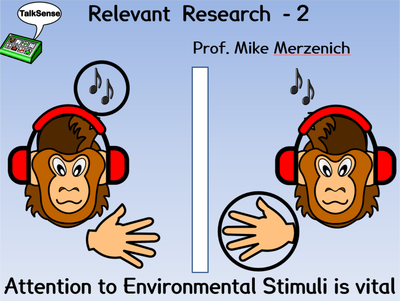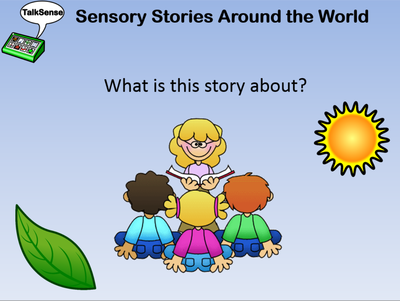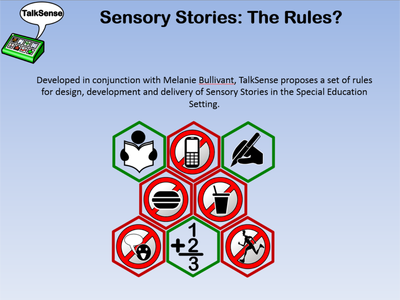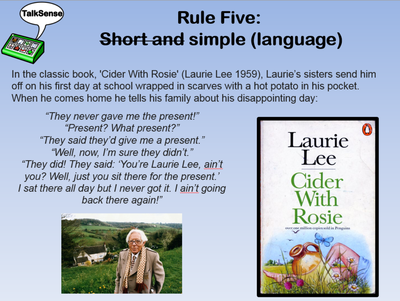The Design, Development and Delivery of Sensory Stories
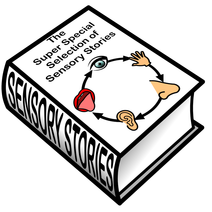
Sensory Stories are used in special educational practice around the world. However, there are some differences in the methodologies utilzed in:
The different techniques involved in story telling are explored and explained and the rationales for best practice are outlined. Where there is disagreement amongst professionals working in this area, both sides of the debate are presented so that participants can decide for themselves.
- the story delivery;
- the nature of the story;
- the story length;
- the repetition of the story
The different techniques involved in story telling are explored and explained and the rationales for best practice are outlined. Where there is disagreement amongst professionals working in this area, both sides of the debate are presented so that participants can decide for themselves.
Description Of Course
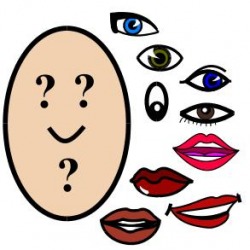
This course outlines best practice in the design, development and delivery of Sensory Stories in the special education environment.
The day begins with a definiton of Sensory Stories and details how relevant research applies to this approach.
The largest portion of the day is given over to explaining each of the set of guidelines applicable to Sensory Stories and leaves it to participants to decide for themselves if the guidelines should become rules.
Participants will be required to work in small groups on given tasks at specific points during the day and to share thier results with everyone attending.
The entire day will make use of presentation techniques applicable to the delivery of a Sensory Story.
The use of technology to enhance a Sensory Story will be demonstrated.
Previous course participants have commented that their present practice is falling far short of that demanded by the guidelines and are clear about what they need to do to take this area of the curriculum to a new level.
"A brilliant course, well delivered. I am going to have to make significant changes to my current practice!" (A.D. Scotland)
The day begins with a definiton of Sensory Stories and details how relevant research applies to this approach.
The largest portion of the day is given over to explaining each of the set of guidelines applicable to Sensory Stories and leaves it to participants to decide for themselves if the guidelines should become rules.
Participants will be required to work in small groups on given tasks at specific points during the day and to share thier results with everyone attending.
The entire day will make use of presentation techniques applicable to the delivery of a Sensory Story.
The use of technology to enhance a Sensory Story will be demonstrated.
Previous course participants have commented that their present practice is falling far short of that demanded by the guidelines and are clear about what they need to do to take this area of the curriculum to a new level.
"A brilliant course, well delivered. I am going to have to make significant changes to my current practice!" (A.D. Scotland)
Course Objectives

Course Participants will be able to …
- state what is meant by a Sensory Story;
- design and develop their own Sensory Stories;
- comprehend the guidelines relating to Sensory Stories;
- understand the approaches and pitfalls in the implementation of a Sensory Story;
- deliver a Sensory Story in their own educational environment;
- enhance a Sensory Story with the aid of technology.
What level of ability does the course address?
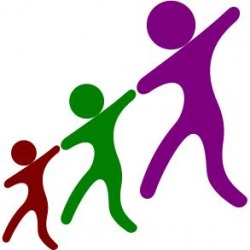
While aimed at Learners experiencing Profound and Multiple Learning Difficulties the skills learned on this course may be applied to SLD or those learners with autism. This course is suitable whether working with children or adults.
Skill level of attendees
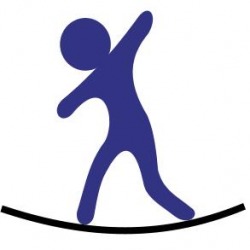
People attending this course require no prior knowledge in order to benefit, although experience in working with Learners experiencing PMLD is preferable.
Requirements

There are no specific requirements for people attending this course. Attendees may wish to bring a pen and some paper to take notes although the presentation PowerPoint will be made available to all those attending.
Course Outline
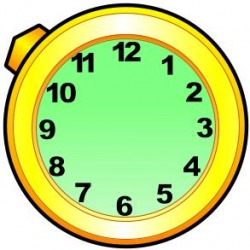
Participants should aim to arrive between 8:30 and 9:30 for registration and tea/coffee. The course will commence at 9:30 prompt and the presenter will not delay for late comers. Times below are an approximate guide to the day and may vary considerably. Where the course is closed to outsiders, times may be decided by the booking agency.
At the close of the course at 4:00 pm, participants may leave or stay for further tuition dependng on the requirements of the venue and at the discretion of the course tutor. Additional assistance and support will be given to course attendees by e-mail in the weeks following the course as necessary.
The course will detail the design, development and delivery of Sensory Stories as well as demonstrating a variety of ideas for its use in the Special Needs environment. Course participants will be guided through many of the techniques involved in this approach. By the close of the course, participants should have a good idea how to design and develop ther own Sensory Stories as well as having a better understannding of good practice in their delivery.
08:30 Arrival, Registration. Tea and Coffee
09:30 Introduction
09:40 Important Ideas
09:55 Definitions
10:10 Benefits of Sensory Stories
10:20 Some Relevant Research
10:30 Break for Tea or Coffee
10:45 Notable Quotes
10.55 Sensory Stories around the World
11:00 Sensory Stories - The Rules (Part One)
12:00 Lunch
13:00 Sensory Stories - The Rules (Part Two)
15:00 PowerPoint Possibilities
15:30 Ideas for Technological Support for Sensory Stories
16:00 Q & A Close of Course
After the course closes, there may be time for further study (depending on the requirements of the venue and at the discretion of the course tutor) for those that wish to remain. However, this will be purely voluntary and all course attendees are free to leave at the official close of course at 16:00.
At the close of the course at 4:00 pm, participants may leave or stay for further tuition dependng on the requirements of the venue and at the discretion of the course tutor. Additional assistance and support will be given to course attendees by e-mail in the weeks following the course as necessary.
The course will detail the design, development and delivery of Sensory Stories as well as demonstrating a variety of ideas for its use in the Special Needs environment. Course participants will be guided through many of the techniques involved in this approach. By the close of the course, participants should have a good idea how to design and develop ther own Sensory Stories as well as having a better understannding of good practice in their delivery.
08:30 Arrival, Registration. Tea and Coffee
09:30 Introduction
09:40 Important Ideas
09:55 Definitions
10:10 Benefits of Sensory Stories
10:20 Some Relevant Research
10:30 Break for Tea or Coffee
10:45 Notable Quotes
10.55 Sensory Stories around the World
11:00 Sensory Stories - The Rules (Part One)
12:00 Lunch
13:00 Sensory Stories - The Rules (Part Two)
15:00 PowerPoint Possibilities
15:30 Ideas for Technological Support for Sensory Stories
16:00 Q & A Close of Course
After the course closes, there may be time for further study (depending on the requirements of the venue and at the discretion of the course tutor) for those that wish to remain. However, this will be purely voluntary and all course attendees are free to leave at the official close of course at 16:00.
Screenshots from the Sensory Stories course.
Click On the Symbol to return to the top of the page
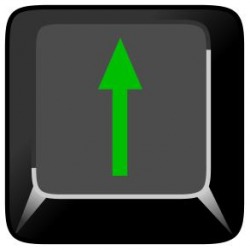
Click on the up key symbol to the left to return to the top of this page.


